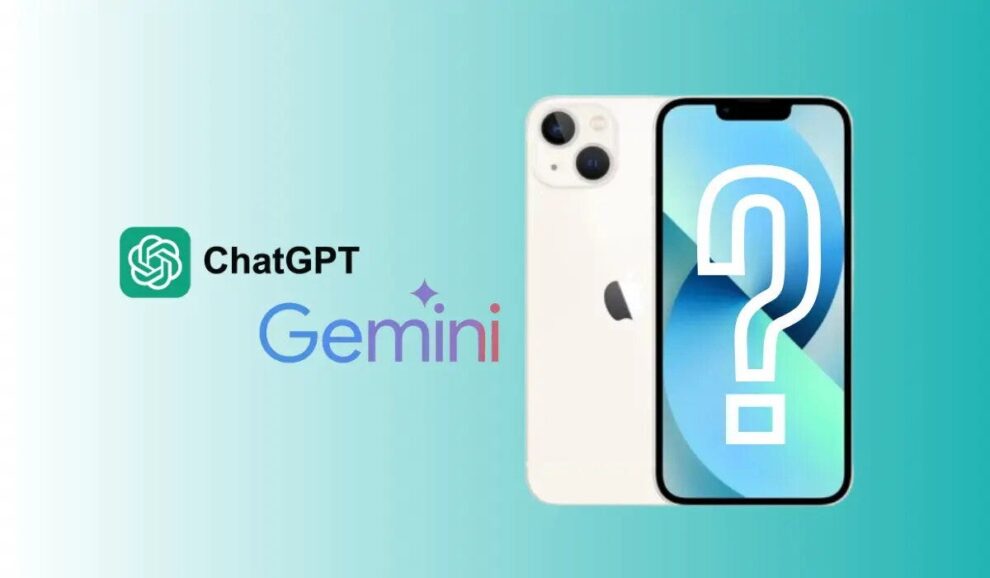In an era where artificial intelligence (AI) is reshaping the tech landscape, Apple is reportedly in active discussions with both Google and OpenAI to incorporate advanced AI capabilities into its iPhone lineup. This move is seen as an effort to bring the latest in AI technology to Apple’s devices, amidst a backdrop of rapid innovation in the field by various tech giants. Here’s everything you need to know about these ongoing negotiations and what they could mean for the future of the iPhone.
Key Highlights:
- Apple is in talks with Google to integrate Google’s Gemini AI engine into iPhones as part of the upcoming iOS 18 update. This integration aims to bolster the iPhone’s AI features significantly.
- Parallel discussions with OpenAI have also been reported, suggesting Apple’s interest in leveraging OpenAI’s technologies alongside or instead of Google’s AI solutions.
- Criticisms have emerged regarding Apple’s pace in adopting AI technologies, with some suggesting that the company has lagged behind in the AI boom witnessed by the tech industry.
The Impetus for AI Integration
Apple’s motivation for these discussions appears to be a desire to catch up with and capitalize on the recent advancements in AI technology. Despite integrating various machine learning features in its devices over the years, Apple has not yet unveiled major features powered by the latest AI technologies, such as those behind chatbots or AI image generators. This contrasts with competitors like Google, which has integrated its AI technology into Pixel devices and Samsung’s offerings.
Tim Cook, Apple’s CEO, has highlighted the company’s ongoing efforts in AI, suggesting that significant developments are on the horizon for Apple devices. Among these is a new version of Siri that leverages large language model technology akin to that found in ChatGPT. Moreover, Apple’s interest in cloud-based systems from Google and OpenAI indicates a potential for iPhone users to enjoy features like text-generated imagery, adding a new dimension to the iPhone’s capabilities.
Public and Industry Reactions
The prospect of Apple integrating external AI technologies into its devices has sparked mixed reactions. Some view it as a necessary step for Apple to maintain its competitive edge, while others express concerns over potential impacts on user privacy and the company’s traditional emphasis on in-house technology development. The explicit branding and integration manner of Google’s AI into iPhones, if the negotiations come to fruition, remain subjects of speculation and interest.
As Apple navigates these discussions, the outcome could significantly influence the iPhone’s future capabilities and its position in the increasingly AI-driven tech landscape. Whether through enhancing Siri or introducing new, cloud-based AI functionalities, Apple’s moves signal an acknowledgment of the critical role AI is playing in shaping the future of consumer technology. These developments are eagerly awaited by both industry observers and consumers alike, eager to see how the tech giant will incorporate AI into its iconic devices.








